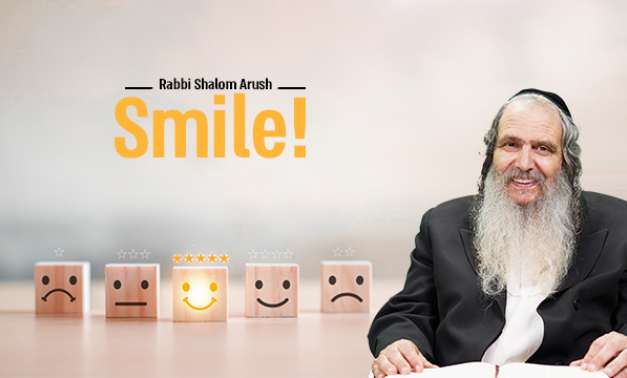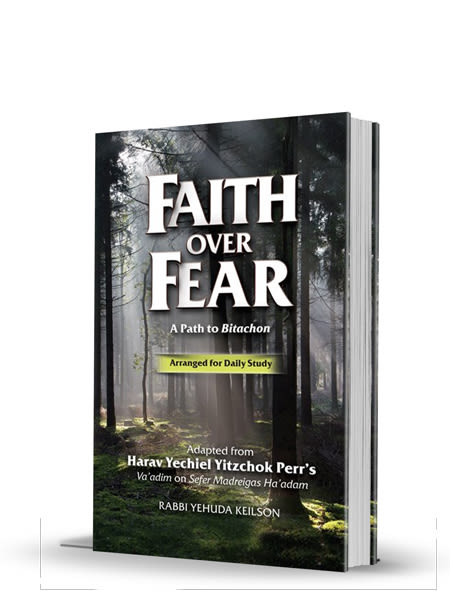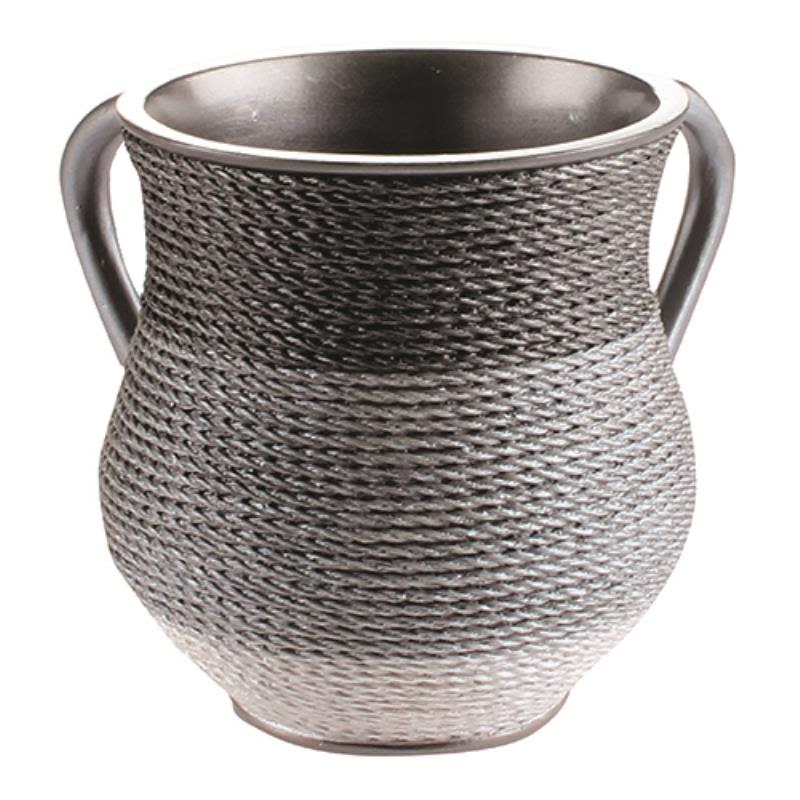
Who Stole the Joy?
Even if a person has everything, he can't enjoy life because he's boxed in with depression and bitterness about the past, and worry and anxiety about the future.

Translated by Rabbi Lazer Brody
Joy, what we call in Hebrew Simcha, is the most important element for physical and mental health, after oxygen and water.
The first step in overcoming sadness and depression is to understand that you don’t have to be sad and depressed. People don’t like to admit it, but in reality, they choose to be sad and depressed. The second step in overcoming sadness and depression is to learn how to overcome sadness and depression. Once we discard sadness and depression – the root of physical, mental, and emotional ills –– we’re free to fill our hearts and minds with joy, the key to physical, mental, and emotional health.
The Rambam, one of Judaism’s greatest thinkers and scholars who lived about 850 years ago, was also the personal physician of the king of Egypt. Once, he received a letter from the King of Arabia asking him to give him a cure for all his ills. The King expected the Rambam to send him a remedy for indigestion, another medicine for headaches, and some herbs for insomnia. Instead of prescriptions, the Rambam wrote back that the King’s worries are the root to all of his illnesses, and particularly the king’s fear of death. He said categorically that worry destroys health.
Our holy Rebbe Nachman of Breslev elaborates further on the Rambam’s principle in Likutei Moharan II:24 when he says that any illness that befalls a person is because of a breakdown of that person’s joy in life. So it turns out that joy – simcha – is the best protection against disease that there is. A person who’s joyous has an iron-clad immunization against disease.
Sound far-fetched? Rebbe Nachman makes the outright statement that joy is the wonder cure of all ills. Not only that, but he explains that when Hashem comes to redeem our people and rebuild the Bet Hamikdash in the future (which we hope is near), Hashem will cure the sick with happiness. In other words, there will be so much joy in the world that everyone will be cured, especially those that see and hear the singing and dancing in the holy Temple.
 But what happened to our joy? Somewhere along the line, worry stole it.
But what happened to our joy? Somewhere along the line, worry stole it.
Even if a person has everything on his plate, he can’t enjoy life because he’s boxed in with depression, disappointment, and bitterness about the past, and worry and anxiety about the future. Especially now, people are worried about when the next earthquake or other natural disaster will be, and where. Why worry about anything that’s not up to us?
Our sages say that worry kills one’s income – so by worry, one is actually shooting himself in the foot; it’s self-defeating! The Rambam writes that worry is so inane, that anyone who worries is crazy. So, now you can believe that most of the world is insane.
When a person is preoccupied about what might happen in the future, his or her brain capacity is incapacitated for functioning in the present. Let me ask you a question – why doesn’t anybody worry that the future will be good for them? Why worry about the bad? Everyone worries about the negative – there’s at least a 50% chance that things will be positive.
At this point, people say to me, “OK, then I have to be concerned about the 50% chance that things might not go my way!” That’s also ridiculous. Take an Olympic boxer in training – he’s not worried that he’ll be hit today in the gym; he knows he’ll be hit, but that it’s all for the best and all part of his growth and training. So what does the boxer in training have that other people don’t have? What can we learn from him? Emuna. He believes he can be a winner; he believes that every bit of pain is for the ultimate best. So he doesn’t worry. He doesn’t prepare for the coming match by fretting or walking around and wringing his hands – he’s working out!
We also neutralize the 50% future worry factor with emuna. Namely, when we learn, realize, and remember that Hashem does everything for the best, we don’t worry about the future anymore. Not only that, when we take an objective look at our past, we can see how Hashem did everything for the best. Either way, we neutralize the pain and disappointment of the past. So with no future worry, and no past worry, we’re free to enjoy our lives and to appreciate the present. We’re healthier and we feel better. Indeed, such freedom from worry enhances our functioning in the present and therefore insures a better future, which will ultimately become a better past, helping a person live a joyous past, present and future.











Tell us what you think!
Thank you for your comment!
It will be published after approval by the Editor.